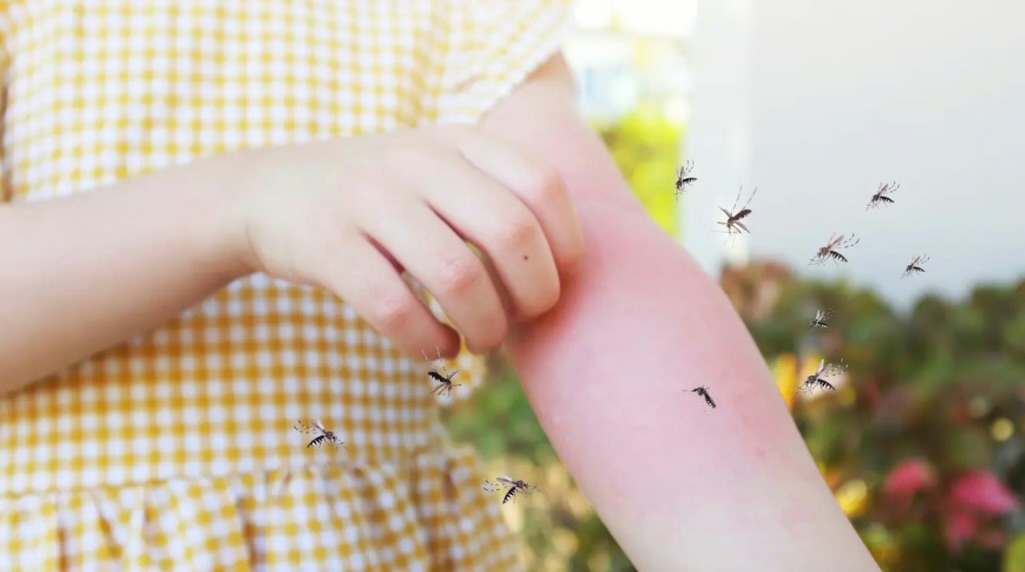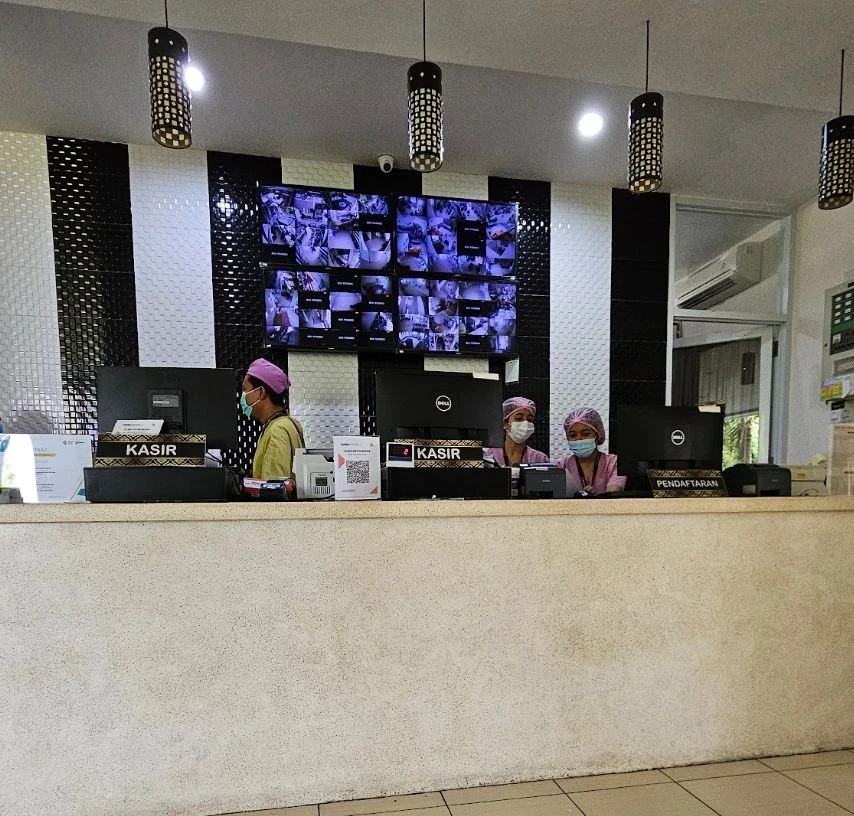The peak of dengue fever infections traditionally occurs during the rainy season. Moisture and heat create ideal conditions for mosquito spread. The dry season (from May to September), on the other hand, is considered a time when the threat recedes. However, authorities and doctors in Bali are now warning: don't relax, as the risk of infection remains.

In the first 6 months of 2025 alone, RSUD Wangaya Hospital treated 636 dengue patients. According to the head of the hospital's public relations department, Anak Agung Ayu Devi Purnami, the highest number of cases was in March (158), then the statistics declined — February (135), January (111), April (109). There were 79 confirmed dengue cases in May, and 44 in June.
Denpasar authorities also provided a report on confirmed dengue cases. In the capital of Bali, more than 1,000 cases were recorded since the beginning of the year, 5 of which resulted in death due to complications. According to the Denpasar Department of Health, the biggest surge occurred in February — 316 cases compared to 167 in January.
“The rainy season, which started earlier than usual (in October 2024), accelerated the spread of Aedes aegypti mosquitoes — the main carriers of the dengue virus. Because of this, the number of cases rose sharply from January,” explained the head of the Denpasar Health Department, Dr. Anak Ayu Agung Chandrawati.
There is also a problem of low public awareness regarding the symptoms of the disease. People often see doctors too late, when the disease has already become complicated.
“Many do not know how to recognize dengue. This leads to delayed treatment and an increased risk of death,” noted Chandrawati.
Therefore, since April, the authorities in Denpasar have not only been conducting mass street treatments but also organizing educational meetings in villages. Special attention is being given to the development of the Jumantik Mandiri initiative — a system of home monitoring. Each family is encouraged to appoint someone who will regularly check all containers and places where water accumulates where mosquito larvae could breed.
“We invite all residents to maintain cleanliness, know the symptoms of dengue, live a healthy lifestyle, and participate in the Jumantik Mandiri program. This helps control the spread and reduce mortality,” emphasizes Chandrawati.
Doctors also remind tourists and guests of the island about the necessity of prevention. Recommendations include:
- Use repellents containing DEET or natural alternatives.
- Wear long-sleeved shirts and pants, especially in the morning and evening.
- Avoid areas with high humidity and standing water.
- Install mosquito nets and fumigators in living spaces.
- Regularly check areas around the home and do not leave open containers of water.
Do not forget about medical insurance. When purchasing, it is necessary to carefully review the conditions and ensure that it covers tropical diseases, including dengue. This is important, as many clinics and hospitals in Bali do not start treatment until they receive confirmation from the insurance company.
High fever, headache, joint pain, or rash are reasons to see a doctor to rule out or confirm dengue.
Sources: NusaBali, Radar Buleleng


You can add one right now!